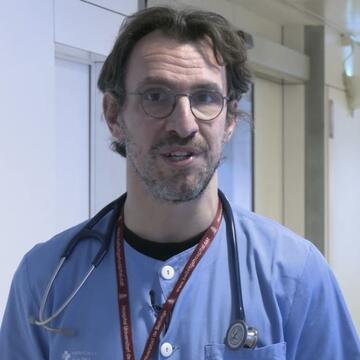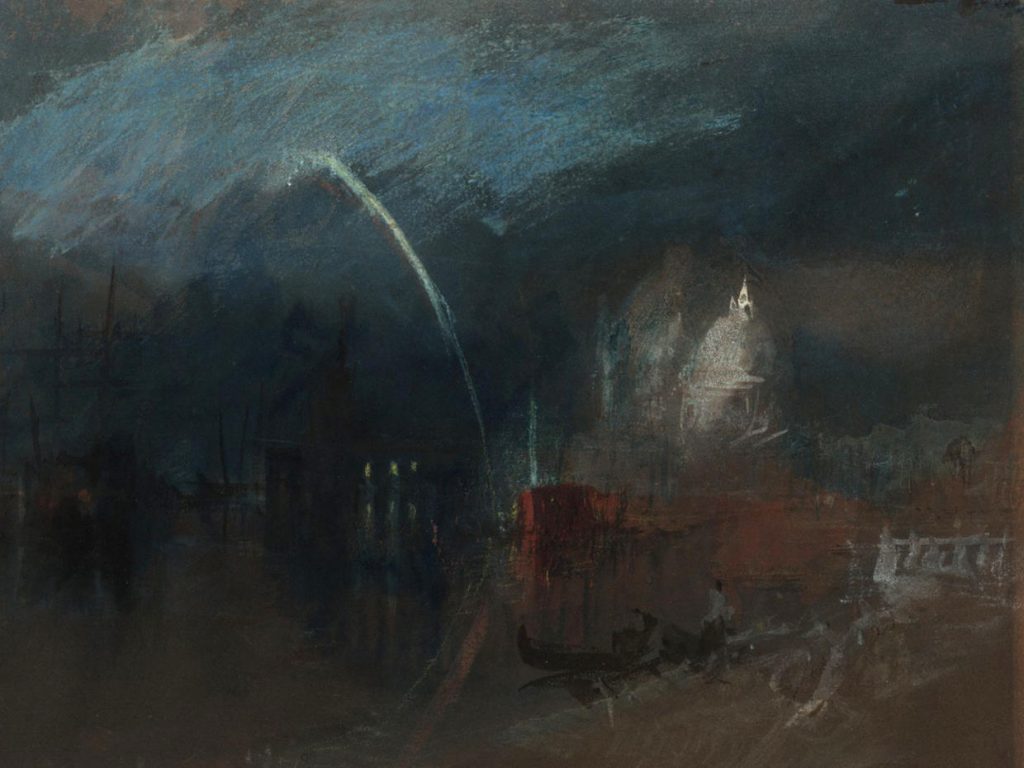
Could you introduce yourself and your work?
My name is Marco Cordero, I am a cardiologist and I work in the emergency department of a large tertiary hospital on the outskirts of Barcelona. My job is to manage patients with heart disease of any type and severity in the acute and unstable phase, stabilise them and set the foundations for their subsequent cardiological course.
How do you understand violence in healthcare?
Any kind of hostile or aggressive attitude towards health care personnel, of a physical but also verbal or psychológical nature, which alters the development of a constructive collaboration and a communicative process between the health care provider and the patient, based on listening, respect, empathy. From my point of view violence is the failure of the doctor-patient relationship due to the prevalence of irrational drives and impulses, it is the destruction of the medical act in itself, its complete denaturalisation. In violence the ideals on which medicine is founded, of altruism, respect, closeness give way to fear, resentment, paralysis.
Have you ever suffered or witnessed violence against health workers?
Yes. I have witnessed numerous episodes of violence towards health workers, medical staff but especially nurses, and I myself have been the victim of verbal aggression and, on one occasion, physical violence. I felt deep anger but also great helplessness and frustration.

In the three-year period 2019-2021, more than 4,800 cases were coded by INAIL as violence, assaults, threats and the like against health and social-health workers. For this reason, in 2022 the National Day of Education and Prevention against Violence against Health and Social Workers has been called for 12 March. Finally, on 10 March 2023, the Ministry of Health has launched the #violencenoncourage campaign. What do you think about it?
Generally speaking, in health care we work with sensitive material, with pain, with suffering and with the most difficult moments in people’s lives, in which it is not always easy to keep control of one’s emotions and reactions. It is absolutely legitimate for each person to react to the experience of their illness or that of their loved ones according to their own way of being and expressing themselves, but when this undermines the physical or psychological integrity of those invested in alleviating pain and accompanying those who suffer, then limits must be set. Medicine must be based first and foremost on mutual respect. I believe that every health facility, of every order and degree, and the institutions themselves must ensure concrete conditions and measures to prevent violence and protect those who are victims of it. I believe that it is as important to have general education and an awareness of respect for the work of health professionals as it is to have a legal machinery that ensures support and protection and that punitive measures are taken where necessary.
How can violence be detected where it does not manifest itself in single, striking episodes?
I believe it is essential to educate professionals working in the health sector to recognise the smallest manifestations of violence, to identify potentially explosive attitudes or behaviour. Many times violence responds to specific patterns of behaviour, verbal or even non-verbal expression, almost catalysing spies of an escalation. To detect violence is also to recognise it from details before it manifests itself in excesses without return. I then believe that every health facility should have its own implementation protocol, available to all the people who work there, and that this protocol should cover all types of violence and be easily accessible through agile and organised internal circuits to any worker. Finally, I believe that the administration or the institutions should ensure the protection of the victims of violence who decide to report it, since many episodes are often not recorded, not only because of that process of normalisation I mentioned earlier, but also for fear on the part of the persons affected of possible consequences or reprisals in the event of complaints or reports.
